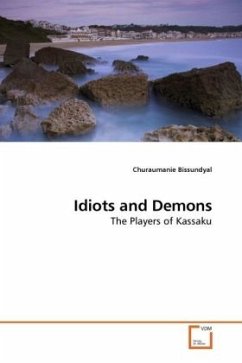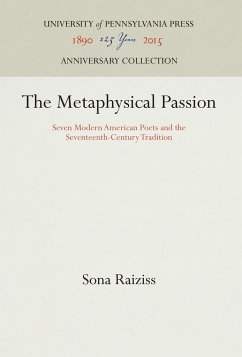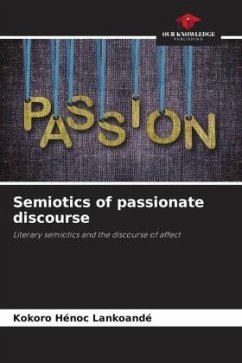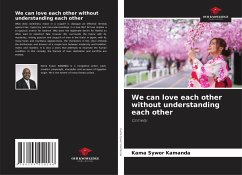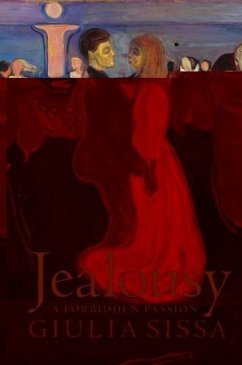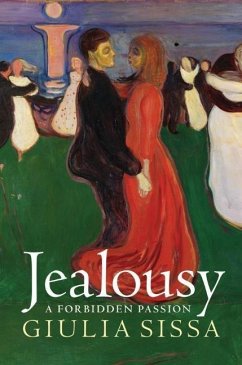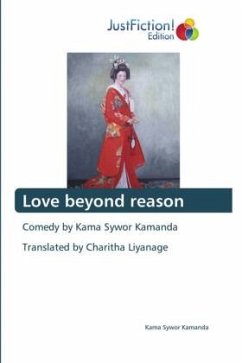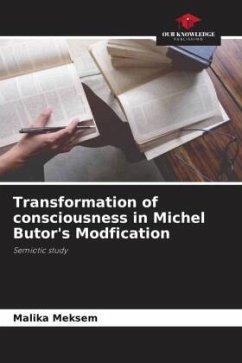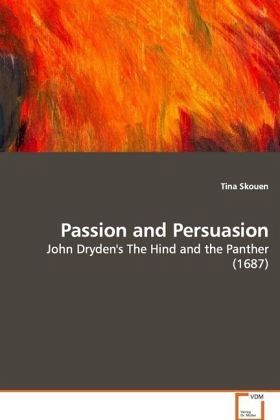
Passion and Persuasion
John Dryden's The Hind and the Panther (1687)
Versandkostenfrei!
Versandfertig in 6-10 Tagen
79,00 €
inkl. MwSt.

PAYBACK Punkte
0 °P sammeln!
The English poet-critic John Dryden (1631-1700) has traditionally been regarded as a primary advocate of the Age of Reason. Challenging the accepted view, this book argues that Dryden primarily responded - not to the rhetorical ideals of the new science, but to the ideals deriving from the classical orator Quintilian. Just like the Renaissance poet-rhetoricians, Dryden considered it his duty to teach, move and delight his audience. A fervent supporter of the Stuart monarchy, Dryden was deeply involved in political and religious controversies. Through careful analysis of his longest and most co...
The English poet-critic John Dryden (1631-1700) has
traditionally been regarded as a primary advocate of
the Age of Reason. Challenging the accepted view,
this book argues that Dryden primarily responded -
not to the rhetorical ideals of the new science, but
to the ideals deriving from the classical orator
Quintilian. Just like the Renaissance poet-
rhetoricians, Dryden considered it his duty to
teach, move and delight his audience. A fervent
supporter of the Stuart monarchy, Dryden was deeply
involved in political and religious controversies.
Through careful analysis of his longest and most
controversial poem, The Hind and the Panther (1687),
the study brings to light how Dryden was using
wordplay and sound effects for the sake of
satirizing his opponents. Offering fresh
perspectives on Dryden s role as a public speaker,
the author emphasizes his various attempts to move
and persuade the reader. While this book gives the
first comprehensive overview of Dryden s theorizing
on how to move the passions, it also shows how the
father of English criticism put these theories into
practice.
traditionally been regarded as a primary advocate of
the Age of Reason. Challenging the accepted view,
this book argues that Dryden primarily responded -
not to the rhetorical ideals of the new science, but
to the ideals deriving from the classical orator
Quintilian. Just like the Renaissance poet-
rhetoricians, Dryden considered it his duty to
teach, move and delight his audience. A fervent
supporter of the Stuart monarchy, Dryden was deeply
involved in political and religious controversies.
Through careful analysis of his longest and most
controversial poem, The Hind and the Panther (1687),
the study brings to light how Dryden was using
wordplay and sound effects for the sake of
satirizing his opponents. Offering fresh
perspectives on Dryden s role as a public speaker,
the author emphasizes his various attempts to move
and persuade the reader. While this book gives the
first comprehensive overview of Dryden s theorizing
on how to move the passions, it also shows how the
father of English criticism put these theories into
practice.



